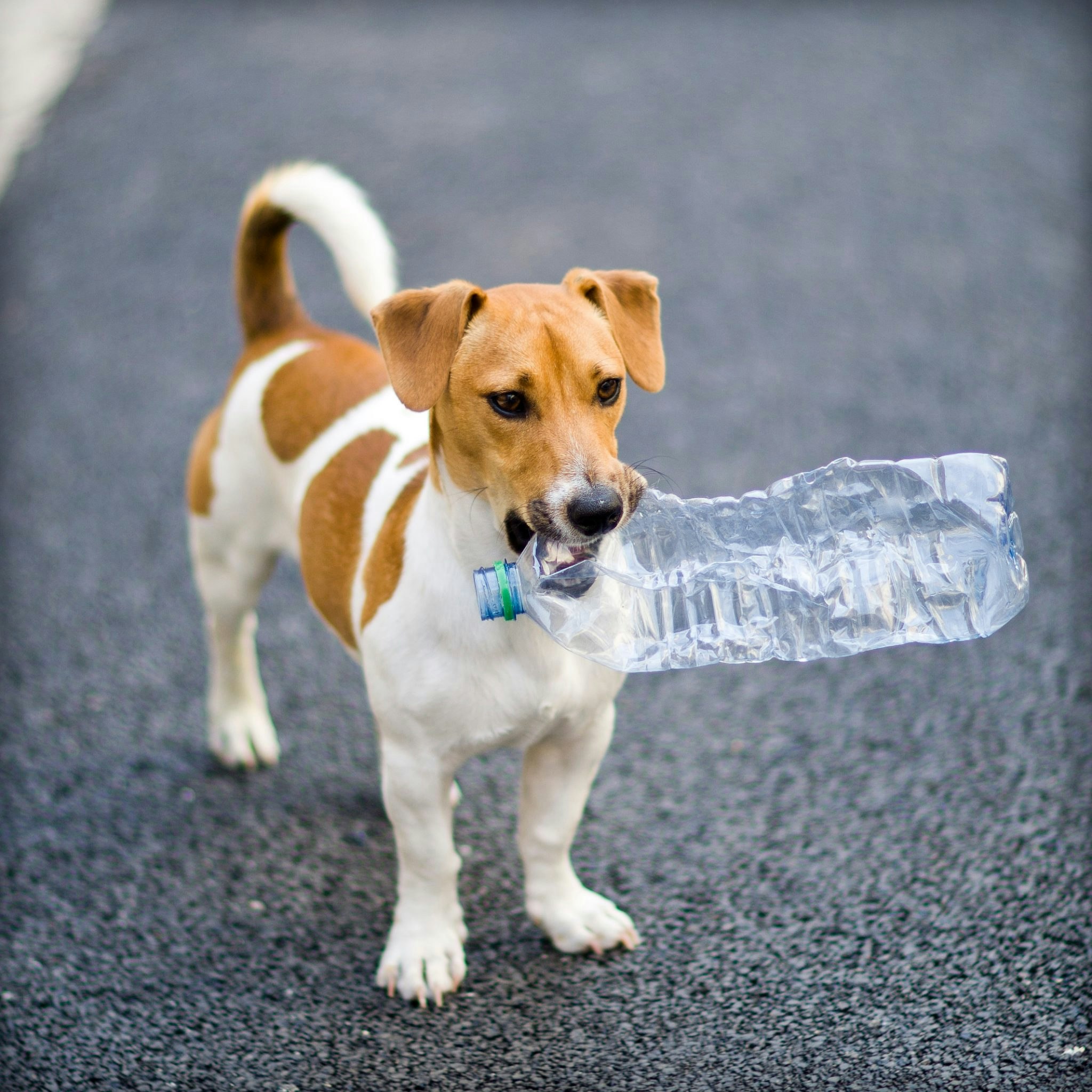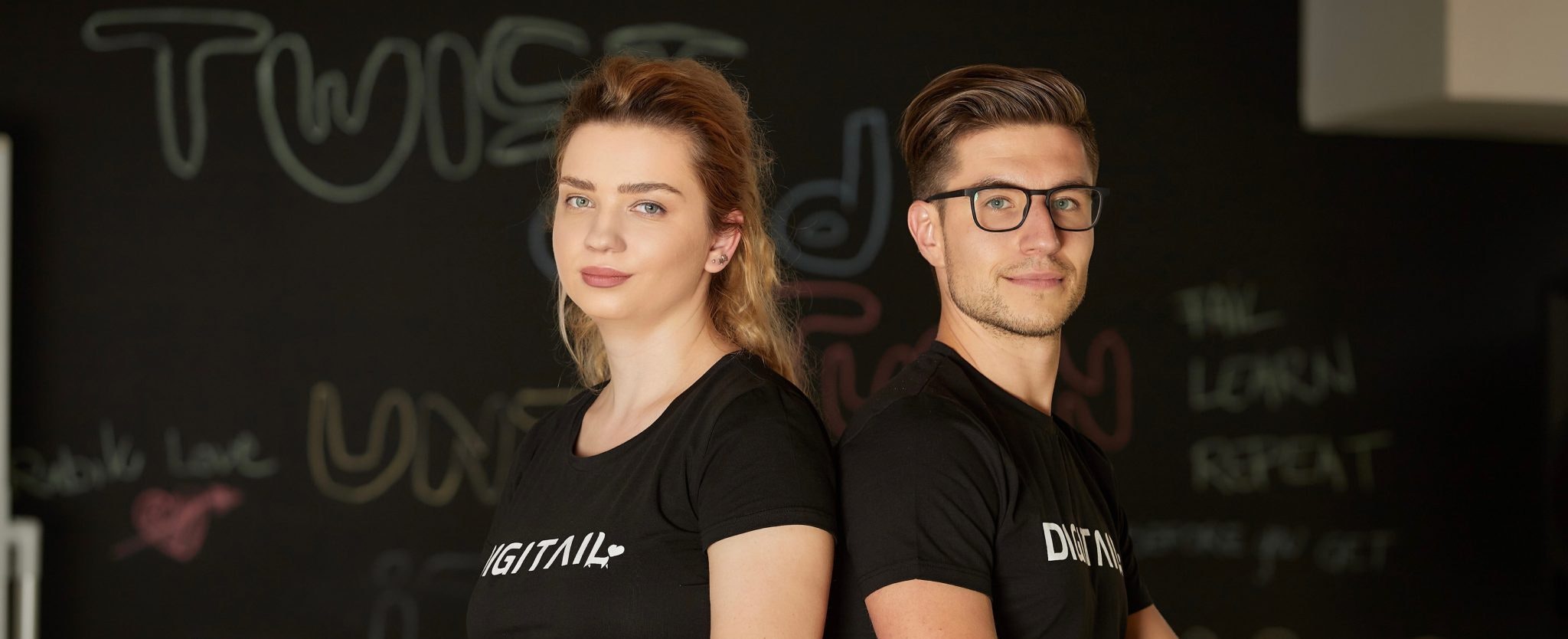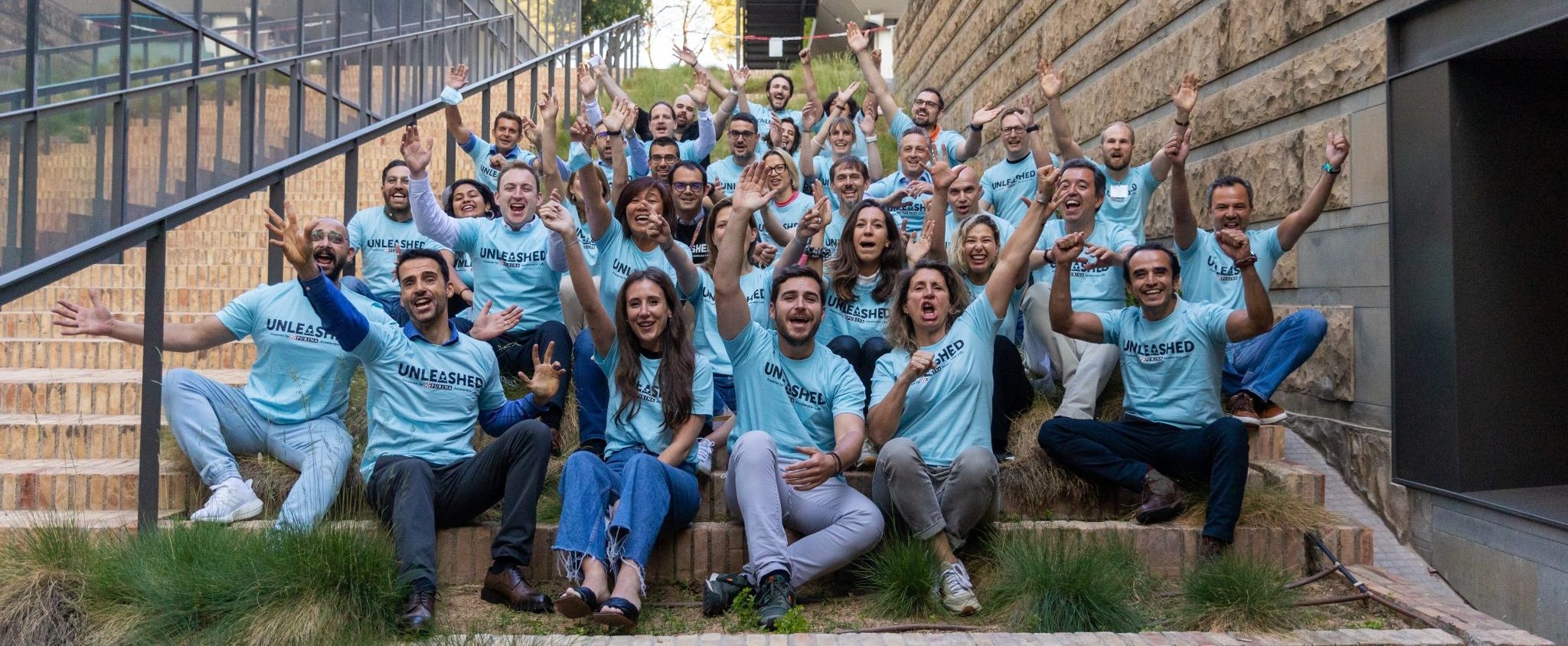The new year is off to a lively start for Europe’s vet tech startups.
In January, Romania’s Digitail raised $11m in a Series A led by Atomico. Formed in 2018, the company, which makes software to automate vet admin, developed its product in collaboration with vets in Romania, before expanding into 750 clinics across 16 countries — including over 200 in the US.
January also brought the announcement of a partnership between two UK startups: insurtech Waggel and Vet-AI. The deal will give Waggel policyholders unlimited access to Vet-AI’s app, Joii Pet Care, which offers 24/7 vet video consultations, vet nurse consultations and a symptom checker.
What do these stories mean for European pet tech? For February’s feature, Unleashed chats to the experts.
Digitail geared for growth
The Digitail fundraise occurred while overall venture activity was down, making it a vote of confidence in the company’s model and niche. “The success is down to a mix of our growth, the vet tech market being more resilient and amazing VCs that share our vision,” says Sebastian Gabor, Digitail’s cofounder.
According to Gabor, the vet industry is chronically understaffed — with around 50k "missing" vets expected over the next seven years due to a supply-demand mismatch. Tech that reduces paperwork and bureaucracy helps vets see more pets and pet parents without burning out.
Like many pet tech startups, Digitail started to scratch the founders’ itch: a calendar mix-up when they adopted a puppy led to cofounders Gabor and Ruxandra Pui, his partner, having to re-do their entire vaccination plan. Digitail’s software — by automating processes like populating documents and certifications — allows some vets to see up to 50% more patients, the company says.
While Digitail is the latest European pet tech success story, their growth plan will focus on the US first. In the company’s earlier phase, they considered expanding in the surrounding eastern European region, but could only afford to hire one potential person in each market, which was high risk. While they have taken a growing number of inbound inquiries from across the continent, Digitail believes the US is the right next port of call.
Success is down to a mix of our growth, the vet tech market being more resilient and amazing VCs that share our vision
“It's the largest market and is highly unified and aggregated in terms of workflows and how vets work,” says Gabor. “That is the main reason why the European market is difficult to focus on. For each country you need a whole team to manage customer success and commercial aspects and even for the product to be adapted for the local workflows.”
Gabor says around 80% of US clinics are on legacy IT systems, and a third will shift to cloud in the next two to four years. Market consolidation, as private equity groups buy up clinics, makes it easier to tap into the opportunity efficiently rather than manually winning clients vet by vet. The influx of private equity money is also leading — at least anecdotally — to rising vet prices in markets including the UK.
Romanian momentum
Digitail’s raise is the latest encouraging sign of Romania’s startup ecosystem, which staked its place on the global map after the success of UiPath — the robotic process automation company that went public in 2021.
Gabor is a mentor to founders and startups, and believes Romania has great promise, although it needs to shift to a more entrepreneurial mindset.
“Despite having amazing tech talent in terms of software development, Romania is a heavily outsourcing-based economy,” he says.
The difference between the two is significant in terms of mindset and culture. “In outsourcing, the incentive is to bill by the hour, and to do what the client tells you not what they need, but in product, you are trying to solve a problem and build for impact, so the mindset in how to develop a product is totally different. We had to do a lot of education. But it’s changing.”
Flattening the cost curve
While software that reduces the workload of vets will help them see more pets, it could also lower costs for consumers — which is vital as many are still uninsured.
It’s no secret that over a period of time, due to acquisitions, private equity money and inflationary pressures, vet prices have been increasing
The desire to bring down prices explains the newly announced partnership between the two UK firms, Vet-AI and Waggel. “A customer’s main issue with insurance is price, the price is based on the claim and that is derived from how much the vet is charging,” says Andrew Leal, CEO of Waggel. “Whatever happens in vet tech, if it is improving treatment and prevention, that will allow us to charge lower prices.”
Vet prices have been going up. In the US, prices for vet services jumped 10% in 2022 — the biggest spike in the last 20 years.
“It’s no secret that over a period of time, due to acquisitions, private equity money and inflationary pressures, vet prices have been increasing,” says Matt Elcock, COO of Vet-AI. The company believes its app can bring down prices, such as its symptom checker which allows pet parents to quickly get triage to the right care and avoid vet visits for symptoms like vomiting, that may be of no cause for concern or treatment.
In the longer run, Elcock predicts, more and more mundane day-to-day tasks will be replaced or assisted by technology, allowing vets to focus on complex cases, surgery or situations where they need to get their hands on the pets.
“The idea of highly trained veterinary professionals doing simple diagnosis for skin issues, that may be replaced by a computer vision algorithm that can triage them to the right care,” says Elcock.
This article first appeared in our monthly Unleashed pet tech newsletter, a collaboration with Purina Accelerator Lab. All content is editorially independent. Sign up to our newsletter here to keep up to date with the latest goings on in the European pet tech industry.


